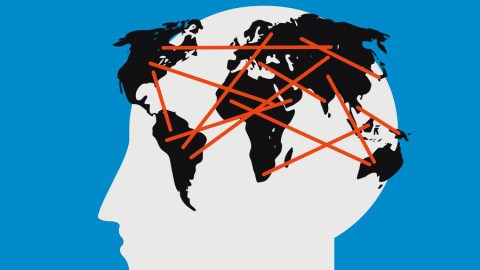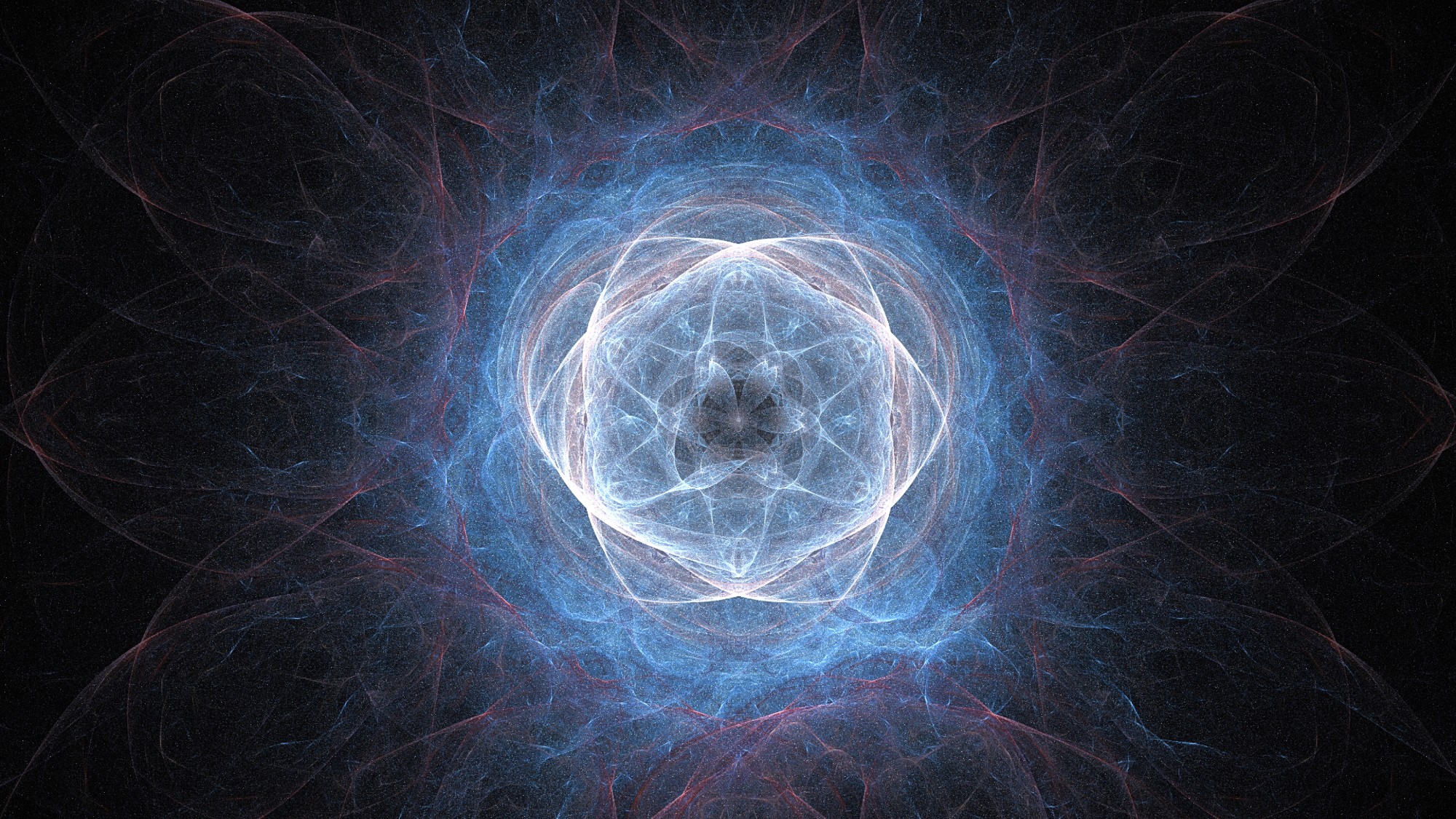Consciousness Is the Whole Brain. It’s Not Reducible.

Consciousness is an emergent property of the brain, resulting from the communication of information across all its regions and cannot be reduced to something residing in specific areas that control for qualities like attention, hearing, or memory.
These are the results of a new experiment out of Vanderbilt University, published in the Proceedings of the National Academy of Sciences, in which researchers observed “whole-brain awareness” when individuals were asked to observe an image flashed briefly on a screen. Researchers measured brain function using fMRI imaging technology and categorized participant responses into “high confidence” and “low confidence” categories, according to how sure each person was that they had seen the image.
“They found that no one area or network of areas of the brain stood out as particularly more connected during awareness of the target; the whole brain appeared to become functionally more connected following reports of awareness.”
Past experiments have demonstrated that different regions modulate different characteristics of consciousness such as attention, language, and self-control, but none of these qualities is sufficient on its own to create what we experience as consciousness. Douglass Godwin, a neuroscientist who helped lead the study, explained further:
“We take for granted how unified our experience of the world is. We don’t experience separate visual and auditory worlds; it’s all integrated into a single conscious experience. This widespread cross-network communication makes sense as a mechanism by which consciousness gets integrated into that singular world.”
The study confirms a kind of double-sided consciousness: one that is reducible to certain component parts and another that is experiential and irreducible. In his Big Think interview, Stanford philosophy graduate Sam Harris, who has written widely about the benefits of mindfulness meditation as a way of harnessing consciousness, explains the essential nature of an irreducible consciousness:
“Someone like Francis Crick said famously you’re nothing but a pack of neurons. And that misses the fact that half of the reality we’re talking about is the qualitative experiential side. So when you’re trying to study human consciousness, for instance, by looking at states of the brain, all you can do is correlate experiential changes with changes in brain states. But no matter how tight these correlations become, that never gives you license to throw out the first-person experiential side.”
Read more at Kurzweil AI.





